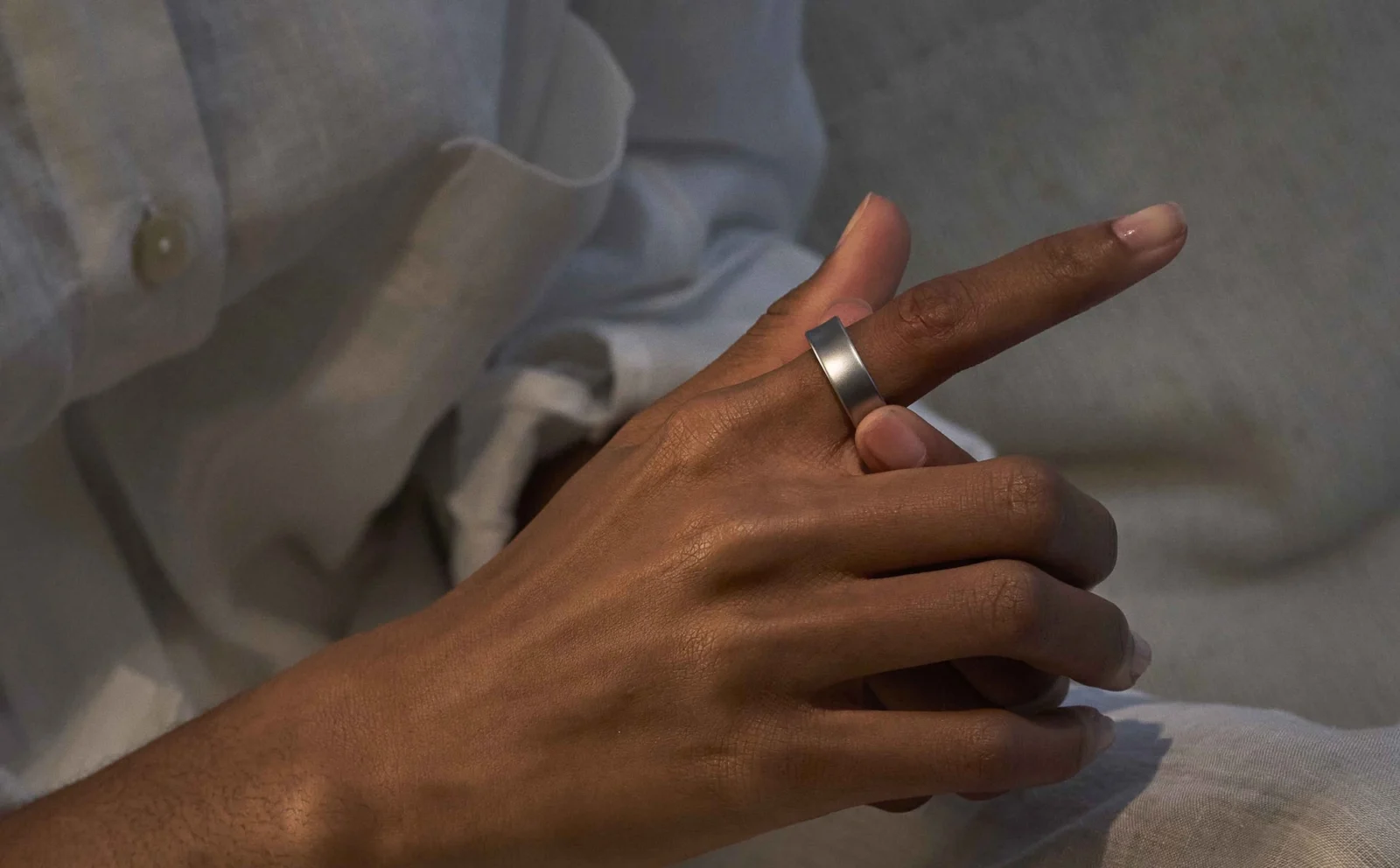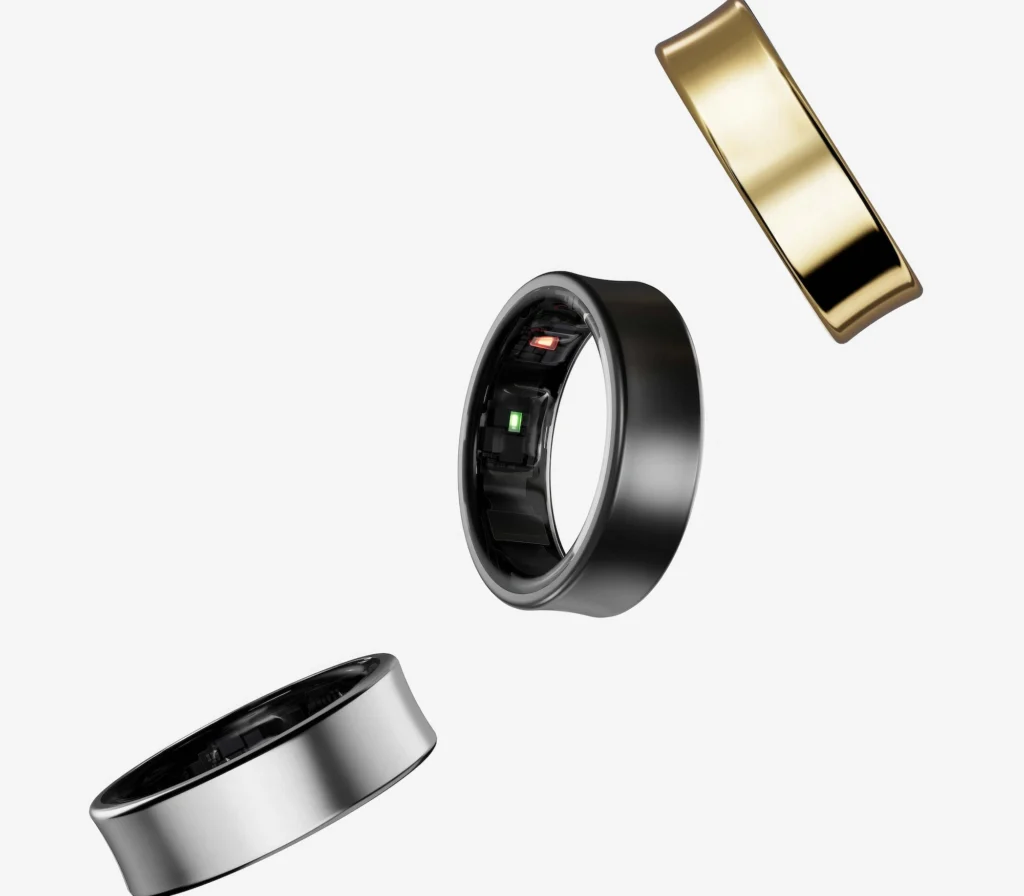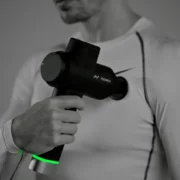Samsung Launches Smart Ring With Health Features That Rival Oura

The South Korean tech giant is investing in health wellness with the Galaxy Ring, setting up a battle with smart ring leader Oura
Samsung officially launched its highly anticipated smart ring, the Galaxy Ring, at the Galaxy Unpacked event in Paris, positioning the South Korean tech giant to compete with Oura, the biggest player in the smart ring space.
The Galaxy Ring integrates its data and insights into Samsung Health, which utilizes Galaxy AI. For sleep analysis, the ring leverages snoring, sleep movement, sleep latency, and heart and respiratory rate data to assess sleep quality. Cycle Tracking also allows female users to better track their menstrual cycle through overnight skin temperature monitoring.
Holistic insights and motivational encouragement are provided by Samsung Health through data from the Galaxy Ring. Starting with Galaxy AI, which generates a detailed report on various health metrics, the ring helps users take daily steps to improve their physical condition.
Wellness Tips provide users with personalized messages based on their real-time health needs. The Energy Score feature demonstrates how to leverage daily habits to improve one’s readiness.
Galaxy Ring also supports broader heart health analyses through its Heart Rate Alert, which provides instant notifications regarding unusually high or low heart rates in real-time. Users can access heart rate information, including beats per minute, time start, and time duration with Live Heart Rate Check.
Galaxy Ring also provides automatic walking and running tracking via Auto Workout Detection, and daily fitness reminders with Inactive Alert.
“The latest additions to our wearables portfolio integrate Samsung’s most advanced technologies and innovations, enabling you to take control of your health and wellness with preventative healthcare solutions,” said TM Roh, president and head of mobile experience business at Samsung Electronics.
Samsung’s smart ring will be sold for $399.99, which splits the difference between Oura’s $299.99 Heritage ring and the Finnish brand’s $499.99 Horizon ring.
At 7mm wide and 2.6mm thick and between 2.3 grams and 3 grams, Samsung’s ring is slightly lighter than the 4 to 6-gram Oura rings. Unlike Oura, the Galaxy ring doesn’t require a subscription, which could be enticing for consumers wary of additional charges.

Samsung seems committed to securing a place in the smart ring market despite Oura’s entrenched position.
Samsung, Oura Compete in the Courtroom
Earlier this year, Samsung filed a preemptive lawsuit against Oura to prevent potential intellectual property disputes before the Galaxy Ring’s launch. The lawsuit, filed in the Northern District of California, asserted that the Galaxy Ring doesn’t infringe on any of Oura’s patents.
The lawsuit notably highlighted Oura’s media tour following Samsung’s initial announcement of the Galaxy Ring, where the Finnish company emphasized its “over 150 patents.” Samsung also noted that Oura CEO Tom Hale stated, in an interview with CNBC, that it was “very important for us to protect the innovations that we’ve brought to market,” and that “we’ll see whether or not it ( the Galaxy Ring) infringes on (Oura’s technology). And frankly, we’ll take the action that’s appropriate.”
According to industry estimates, the smart ring market could grow to $1 billion or more by the 2030s. Smart rings offer a less intrusive and comfortable way to track health data. While Oura has already carved out a sizeable market, Samsung could make smart rings more mainstream, particularly for Android users.



